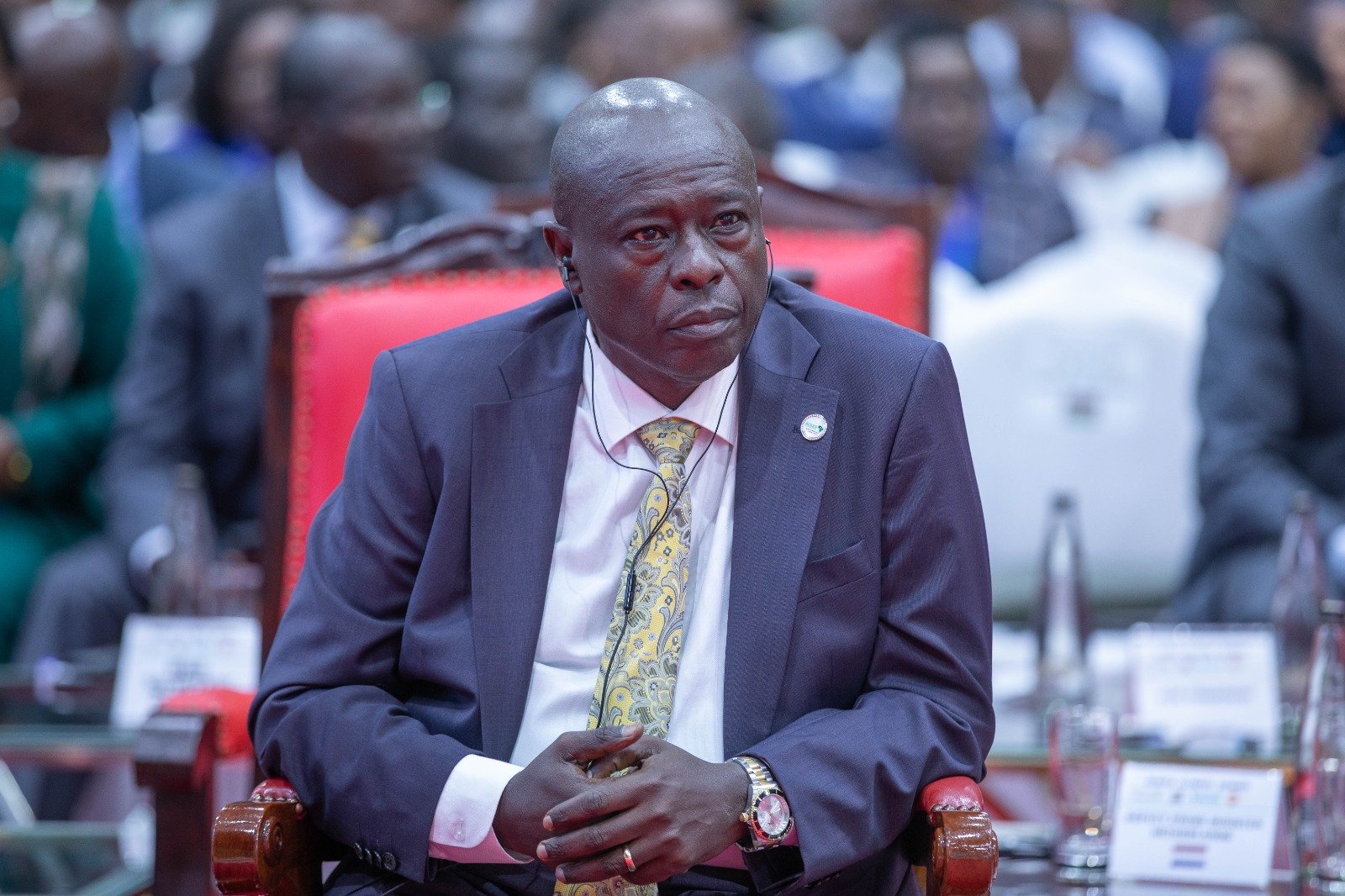NAIROBI, Kenya — A legal challenge has been lodged at the Milimani High Court, seeking to prevent the apprehension of former Deputy President Rigathi Gachagua. The petitioner asserts that any attempt to detain or prosecute Gachagua would constitute politically motivated harassment.
Through legal counsel Moses Mabeya, activist George Mogire has filed a petition requesting the High Court to issue protective orders. These orders would aim to restrain the Inspector General of Police, the Director of Public Prosecutions (DPP), and the National Cohesion and Integration Commission (NCIC) from undertaking any actions that could infringe upon Gachagua’s personal freedom.
Mogire argues that the purported plans to arrest and charge Gachagua lack substantive evidence of criminal activity and are instead driven by recent political rhetoric. He alleges that state agencies are operating under undue influence and in violation of their mandated constitutional responsibilities.
“Pending the hearing and determination of this application, this Honourable Court should issue conservatory orders restraining the respondents and their agents from arresting, detaining, or interfering with Gachagua’s liberty,” states the petition.
The petition further contends that an imminent threat of unlawful detention exists, referencing a National Assembly session held on May 27, 2025. During this session, lawmakers reportedly advocated for Gachagua’s prosecution based on comments made during a May 17 interview.
Mogire maintains that these remarks fall within the purview of Gachagua’s constitutional right to freedom of expression, as stipulated in Article 33.
Also Read: Gachagua faces arrest over Gen Z ‘Occupy Parliament’ protests, 2027 post-election violence warning
He characterizes the reaction to these statements as a coordinated effort to suppress dissenting voices and a violation of the former deputy president’s fundamental rights.
Furthermore, Mogire expresses concerns regarding alleged abuse of authority, political discrimination, and what he describes as a “well-orchestrated scheme” to weaponize independent institutions against perceived political adversaries.
“The respondents have abdicated their constitutional mandates and are being used as instruments of political retaliation,” Mogire alleges, further stating that the NCIC is applying its discretionary powers selectively and with bias.

